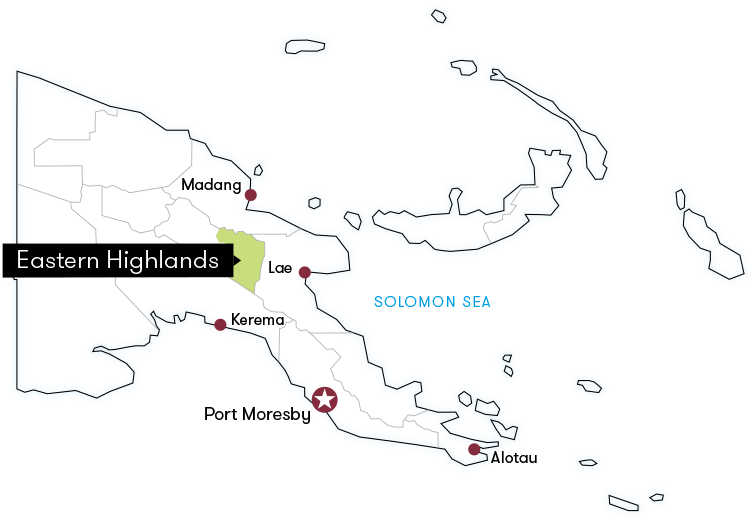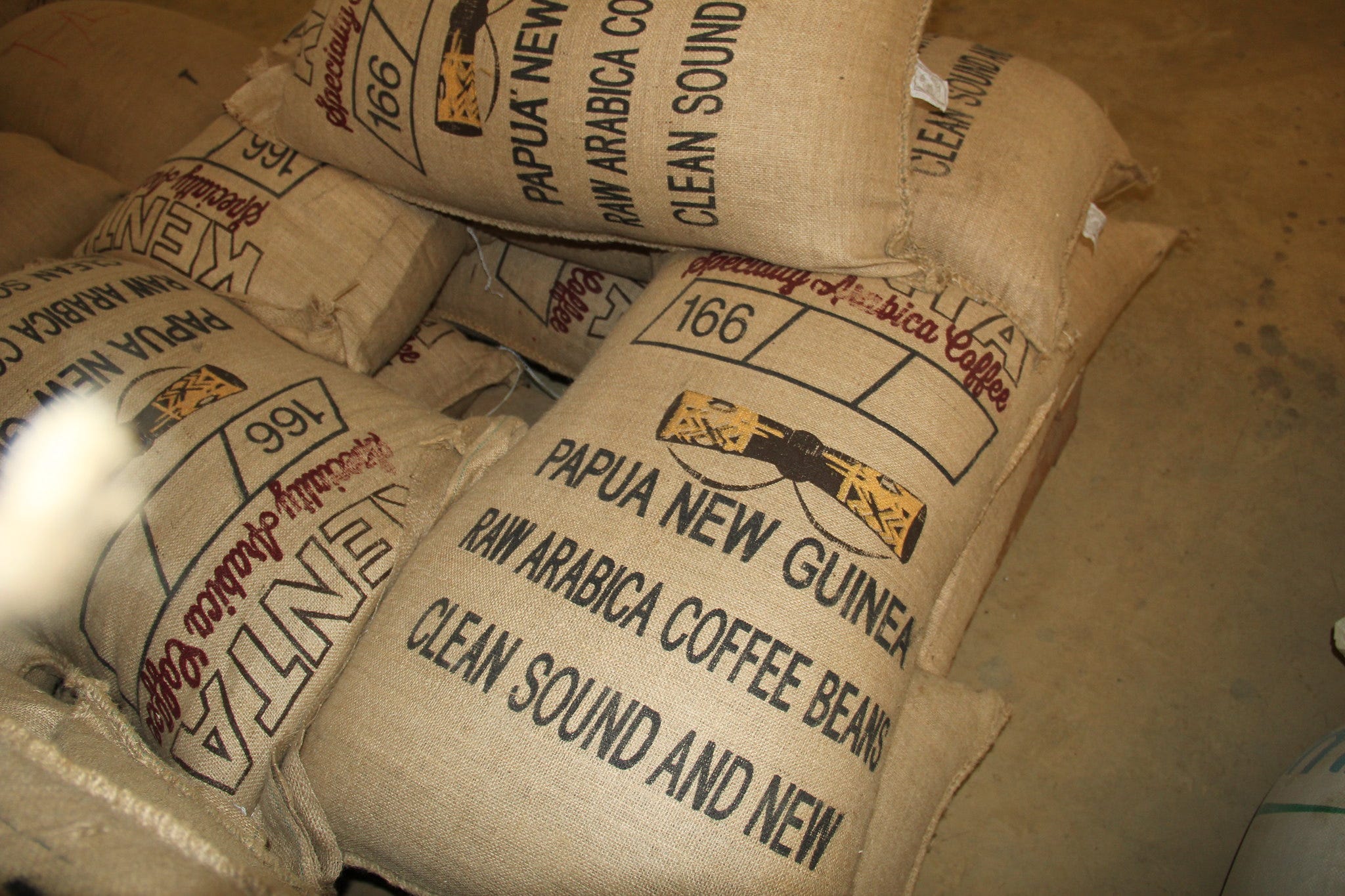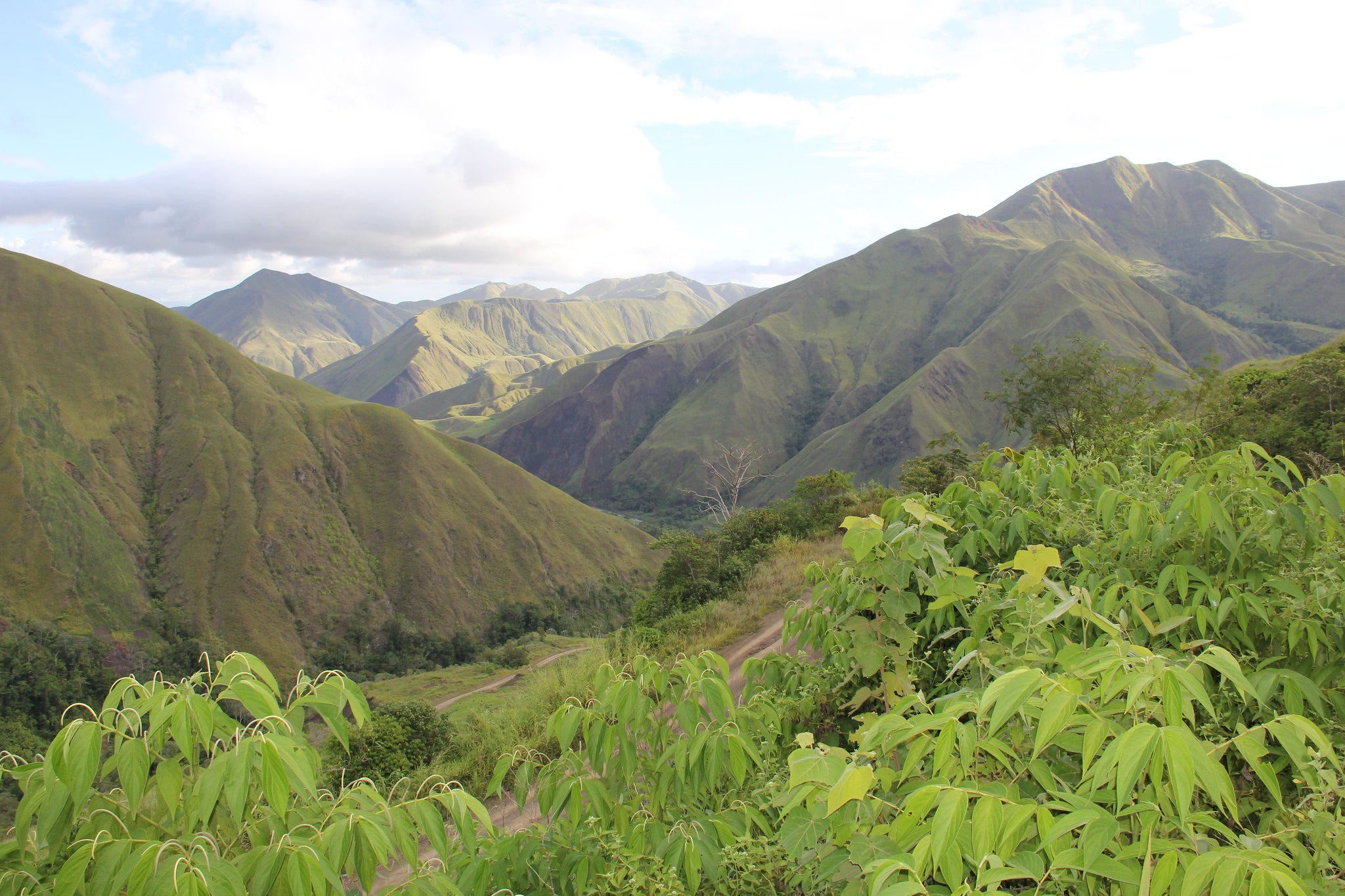Papua New Guinea Jonathan Toniya Fully Washed
About This Coffee


History of Coffee in Papua New Guinea
Compared to the speed with which Europeans colonized other parts of the world, they seemed to spill over Oceania in slow motion. So, although the highlands of PNG are textbook coffee land, commercial coffee production was not established until 1928. In typical British colonial style, coffee was initially grown on plantations (though atypically planted with Blue Mountain from Jamaica). The history of colonial New Guinea mirrors that of central Africa. Feeling left out of the general expansionist trend, Germany grabbed a portion of northern New Guinea in the late 1800’s and then lost it during WWI. The Japanese invaded PNG during WWII and the island saw fierce fighting for much of the war. For most of the 20th century, administrative responsibility for PNG and its ever evolving configuration (and name) rested with Australia.


Growing Coffee in Papua New Guinea
Although PNG has often produced more than 1 million bags of coffee annually, the average has dropped below 1 million over the last 10 years. The vast majority of coffee in PNG (95%) is grown in the highland regions near the center of the country. These coffee exhibit the heavy body characteristic of this part of the world along with the savory sweet flavors. Coffee from PNG is graded using a unique matrix that reflects not only screen size but bean shape, defect count, and color in addition to aroma and cup quality with A/X, being the highest quality available.
- Subregion Lufa, Eastern Highlands
- Producer Type Single Estate
- Processing Washed
- Bag Types Grain Pro / Ecotact
- Plant Species Arabica
- Variety Arusha, Blue Mountain, Typica
- Min Growing Altitude 1700m
- Max Growing Altitude 2000m
- Screen Size 14 Up
- On Sale No
- Top Lot No
- Price Per Kg £6.25
- Status Spot
- Coffee Grade PNG CA WA A
- CTRM Contract Number P8002293-2
- Origin Papua New Guinea
- Warehouse Vollers Group Uk





